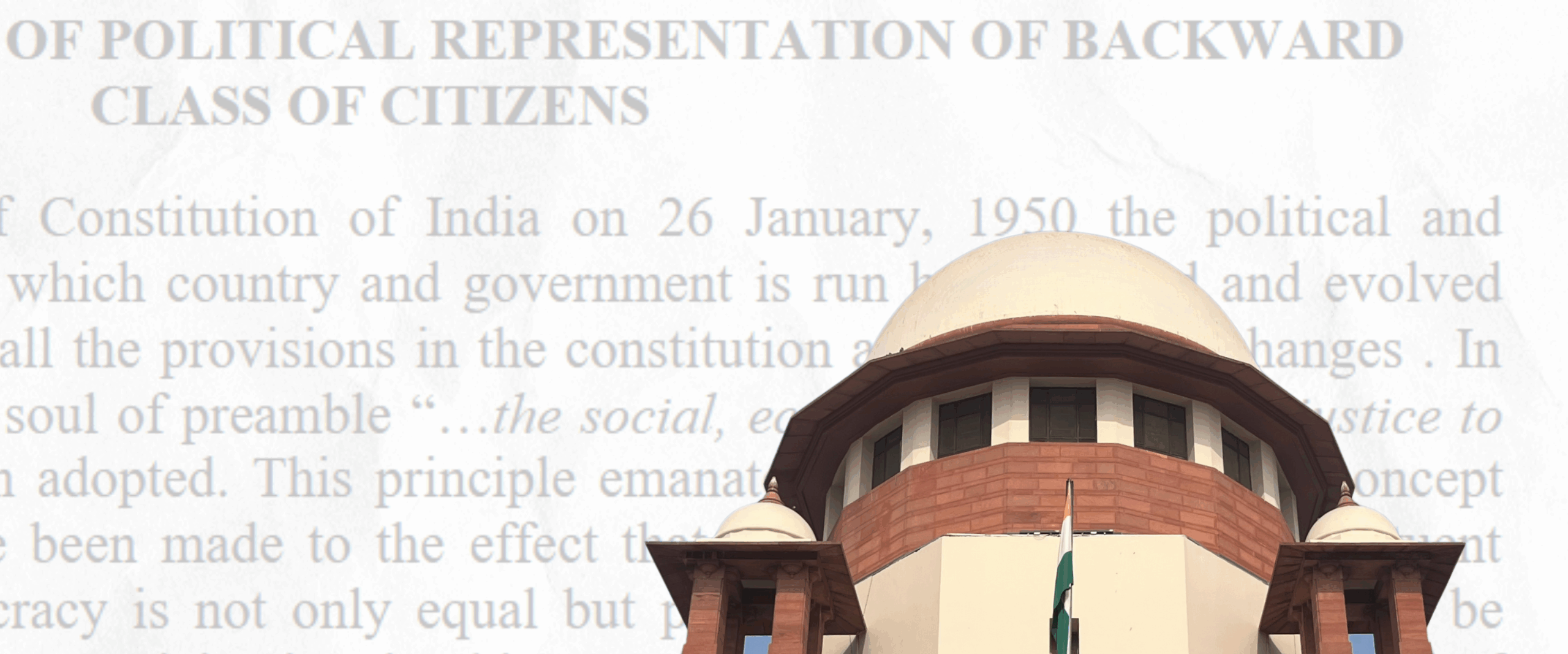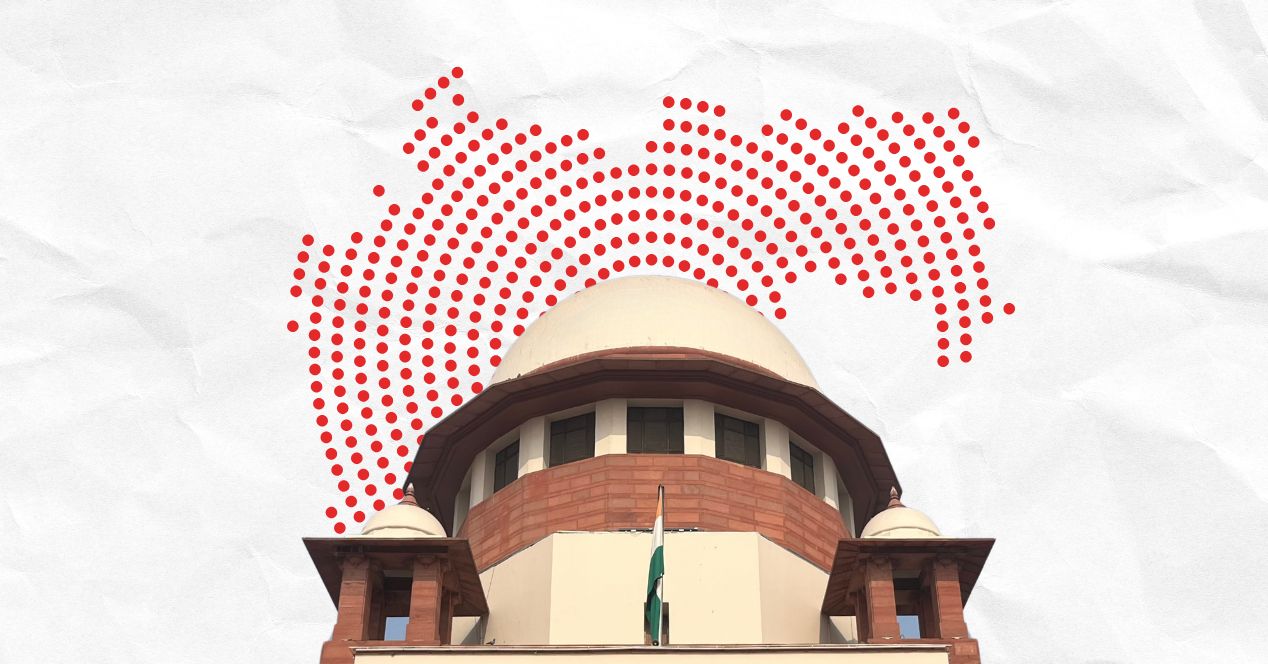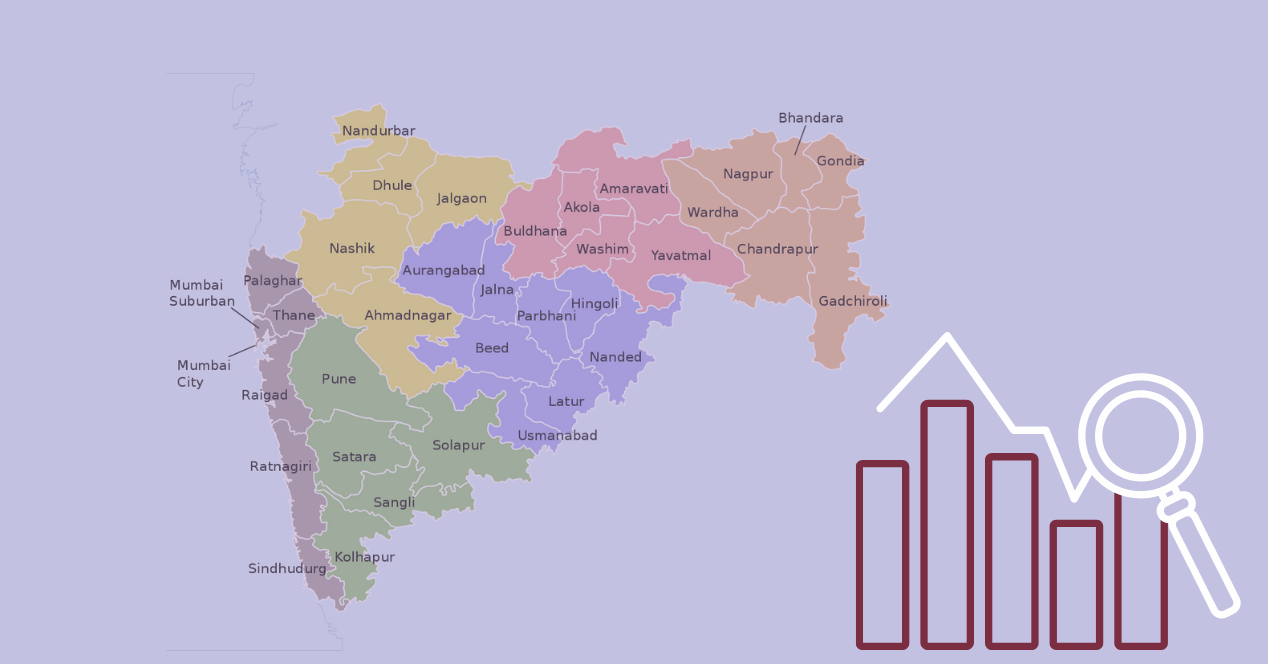Analysis
SC allows Maharashtra polls to proceed subject to final decision
The Court referred the matter to a three-judge Bench and directed that all further election notifications comply with the 50 percent ceiling

Today, a Division Bench of Chief Justice Surya Kant and Justice Joymalya Bagchi continued to review the reservation framework applied in Maharashtra’s ongoing local body elections. The Bench examined the constituency-wise figures placed by the State Election Commission (SEC) and noted that several bodies crossed the 50 percent ceiling.
Senior Advocate Balbir Singh appeared for the SEC and Senior Advocate Vikas Singh appeared for the petitioners. The Bench also heard submissions from Senior Advocate Indira Jaising on behalf of intervenors.
Figures placed before the Court
Balbir Singh informed the Bench that 246 municipal councils and 42 nagar panchayats are already in the election process. Out of these, 40 councils and 17 panchayats provide reservations above 50 percent. Polling is scheduled for 2 December.
He also stated that 29 municipal corporations, 32 zila parishads and 336 panchayat samitis have completed delimitation and reservation exercises. While draft voter lists have been prepared, the State is yet to issue election notifications for them.
CJI Surya Kant noted that the ceiling breach appears limited to specific seats and said the Court could permit those elections to proceed with their results subject to the Court’s final verdict on the matter. For the remaining bodies, he said the State must either put a hold on notifying elections or proceed in strict compliance with the ceiling.
Jaising: Commission relied on surnames, lowering actual representation
Highlighting problems with the Banthia Commission report, Jaising pointed out its reliance on voter rolls and surnames to determine the population of Other Backward Communities. She said that the Commission had not conducted a survey, causing a significant undercount of OBCs. Jaising argued that the data did not reflect actual representation and said she would address the Court at length on the Commission’s approach when the matter is finally heard. She further submitted that the State had earlier found flaws in methodology adopted.
CJI Surya Kant observed that although the Banthia Commission presently operates as the “benchmark,” the Court may now have to examine it. Given that both sides have questioned the report from different angles, he emphasised the need for careful consideration of objections.
Singh: State can rely on the report unless a Court finds it defective
Vikas Singh traced the legal framework governing local body reservation. He said the Supreme Court in K. Krishna Murthy v Union of India (2010) required States to demonstrate adequate representation of a community before grant of reservation in local bodies. He added that Vikas Kishanrao Gawali v State of Maharashtra (2021) strengthened this requirement with the “triple test,” which barred flat percentage quotas, caps reservation for non-Scheduled Caste and Scheduled Tribe groups at 50 percent and mandated a dedicated commission to examine representation in each body.
Singh said the Banthia Commission was constituted to carry out this exercise. Since no court has stayed or set aside its report, he argued that it must be implemented. He also pointed out that in earlier matters where reservation was similarly extended, the Court had set aside the elections altogether.
Court’s directions
After hearing the parties, the Court passed the following directions:
- Elections in the 246 municipal councils and 42 nagar panchayats may proceed as scheduled.
- Results in the 40 municipal councils and 17 nagar panchayats that cross the 50 percent reservation ceiling will remain subject to the Court’s final decision.
- Elections may be notified and conducted for the two municipal corporations that exceed the ceiling. However, their results will remain provisional.
- The State and the SEC must ensure strict compliance of all new election notifications with the 50 percent ceiling.
- Zila parishads and panchayat samitis that fall within the ceiling may proceed in line with earlier directions.
The Bench noted that several local bodies have remained without elected representatives for a long period and said the interim arrangement seeks to prevent further delay while ensuring that the final legal position remains protected.
The matter will be heard next on 21 January.



